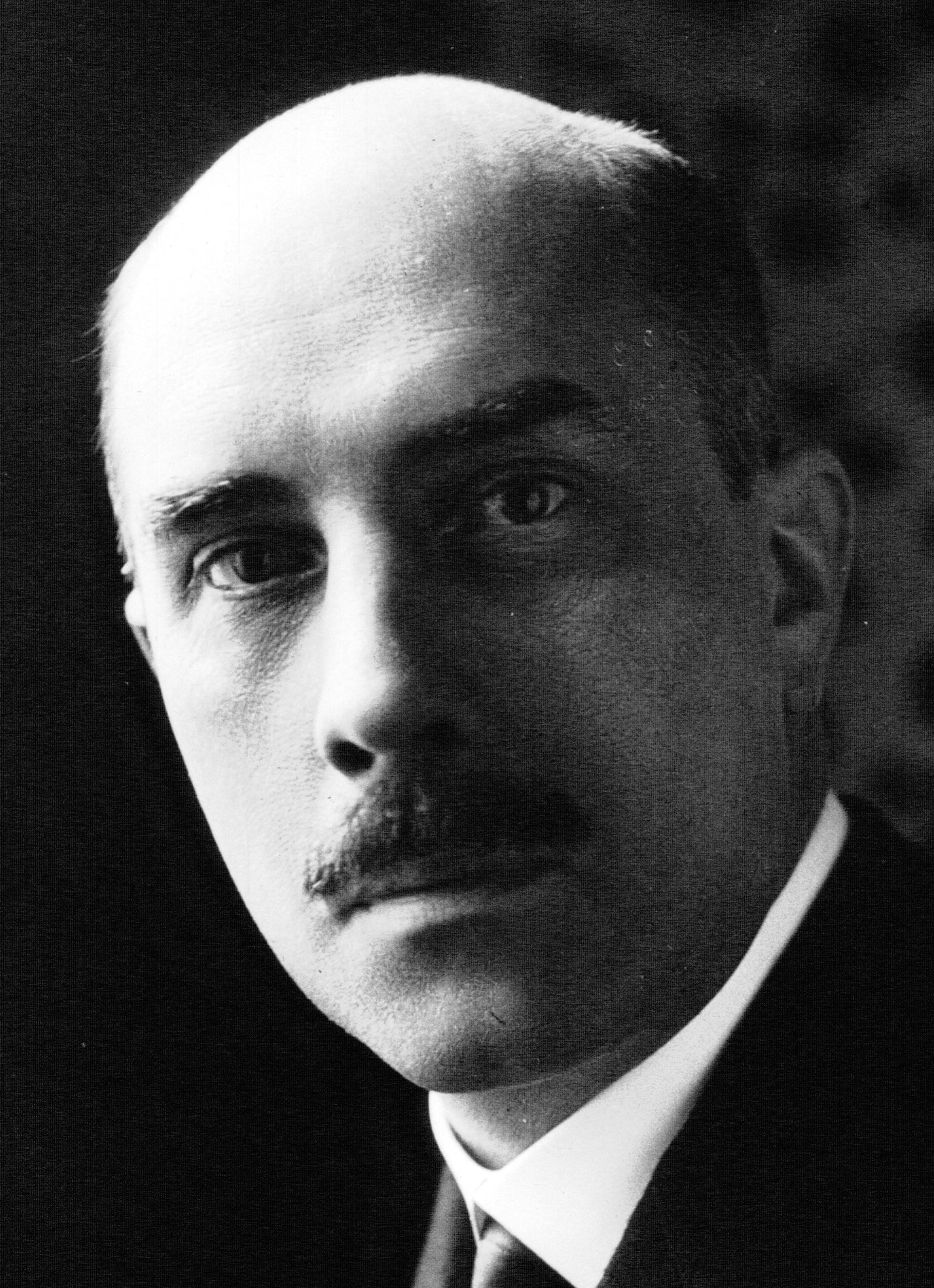|
Guillaume Barberon
Guillaume Barberon was a musician and minor composer of the early 17th century, active in Paris. Biography He was only identified between 1622 and 1630: in 1622 he signed a mutual donation with his wife Marie Boittel; He was then master of the music of the house of Monseigneur Charles, Duke of Guise. On 8 December 1630 he witnessed the marriage of Pierre Bourgeois, master instrument player, residing on rue Beaubourg, with Marine Barat. He was then said to be master of the music of the duke of Épernon.Paris ANF : MC IV, 64, to the date, quoted after Jurgens 1967 (p. 496). Works Only one piece of him is known: the drinking tune ''Je ne puis souffrir les espris...'' in the ''VIIe Livre d’airs de cour, et de différents auteurs'' (Paris: , 1626. RISM 1626 exp 11, Guillo 2003 n° 1626-B). The volume was reprinted in 1628 (RISM 1628 exp 8, Guillo 2003 n° 1628-B) but then the tune was anonymous. References Bibliography * Jules Écorcheville Jules-Armand-Joseph Éco ... [...More Info...] [...Related Items...] OR: [Wikipedia] [Google] [Baidu] |
Charles, Duke Of Guise
Charles de Lorraine, 4th Duke of Guise and 3rd Prince of Joinville (20 August 1571 – 30 September 1640), was the son of Henry I, Duke of Guise and Catherine of Cleves, and succeeded his father as Duke of Guise in 1588. Initially part of the Catholic league, he pledged his support for Henry IV of France and was made Admiral of the Levant by Louis XIII of France. After siding with the Queen Mother, Marie de' Medici, against Cardinal Richelieu, he fled to Italy with his family where he died in 1640. Biography He was born in Joinville, the son of Henry I, Duke of Guise and Catherine of Cleves. Originally styled the ''Chevalier de Guise'', he succeeded as Duke of Chevreuse upon the death of his great-uncle Charles of Guise, Cardinal of Lorraine, a title he later resigned to his brother Claude. After his father's assassination in 1588, Charles succeeded him as Duke of Guise, but was kept in prison in Tours for three years, escaping in 1591. While the Catholic League had great ... [...More Info...] [...Related Items...] OR: [Wikipedia] [Google] [Baidu] |
Jean Louis De Nogaret De La Valette
Jean Louis de Nogaret de La Valette (1554–1642), created Duke of Épernon, was a powerful member of the French nobility at the turn of the 17th century. He was deeply involved in plots and politics throughout his life. Life He was born at Château de Caumont in Gascony, the son of Jean de Nogaret de La Valette and Jeanne de Saint-Lary de Bellegarde. His father and grandfather being both military men, it was natural that young Jean Louis would choose a soldier's life. He fought on the Catholic side in the French Wars of Religion; at the Siege of La Rochelle (1572–1573), he first came to the notice of the duc d'Anjou, the future Henry III of France. By December 1578, Nogaret had been accepted into Henri's most intimate circle of favourites, ''Les Mignons''. In 1581, Henry sold him the town of Épernon, at the same time raising it to the rank of a duchy thus creating Nogaret the first duc d'Épernon. The new duke of Épernon was highly favored by Henry, who showered titles ... [...More Info...] [...Related Items...] OR: [Wikipedia] [Google] [Baidu] |
Air Barberon 1626
The atmosphere of Earth is the layer of gases, known collectively as air, retained by Earth's gravity that surrounds the planet and forms its planetary atmosphere. The atmosphere of Earth protects life on Earth by creating pressure allowing for liquid water to exist on the Earth's surface, absorbing ultraviolet solar radiation, warming the surface through heat retention (greenhouse effect), and reducing temperature extremes between day and night (the diurnal temperature variation). By mole fraction (i.e., by number of molecules), dry air contains 78.08% nitrogen, 20.95% oxygen, 0.93% argon, 0.04% carbon dioxide, and small amounts of other gases. Air also contains a variable amount of water vapor, on average around 1% at sea level, and 0.4% over the entire atmosphere. Air composition, temperature, and atmospheric pressure vary with altitude. Within the atmosphere, air suitable for use in photosynthesis by terrestrial plants and breathing of terrestrial animals is found only in Ea ... [...More Info...] [...Related Items...] OR: [Wikipedia] [Google] [Baidu] |
Répertoire International Des Sources Musicales
A repertoire () is a list or set of dramas, operas, musical compositions or roles which a company or person is prepared to perform. Musicians often have a musical repertoire. The first known use of the word ''repertoire'' was in 1847. It is a loanword from the French language, as (), with a similar meaning in the arts. This word, in turn, has its origin in the Late Latin word ''repertorium''. The concept of a basic repertoire has been extended to refer to groups which focus mainly on performing standard works, as in repertory theater or repertoire ballet. See also * setlist – a list of works for a specific performance * playlist – a list of works available to play * signature song A signature (; from la, signare, "to sign") is a Handwriting, handwritten (and often Stylization, stylized) depiction of someone's name, nickname, or even a simple "X" or other mark that a person writes on documents as a proof of identity and ... – a musical composition most associ ... [...More Info...] [...Related Items...] OR: [Wikipedia] [Google] [Baidu] |
Jules Écorcheville
Jules-Armand-Joseph Écorcheville (17 March 1872, Paris – 19 February 1915, , Marne) was a French musicologist and collector. He studied literature and philosophy, caught interest in music (a student of César Franck from 1887 to 1890), in musicology (a student of Hugo Riemann in 1904–1905 in Leipzig Leipzig ( , ; Upper Saxon: ) is the most populous city in the German state of Saxony. Leipzig's population of 605,407 inhabitants (1.1 million in the larger urban zone) as of 2021 places the city as Germany's eighth most populous, as ...), a discipline to which he devoted himself entirely after that period. In 1912, he was elected president of the Société Internationale de Musique. Engaged in the French army during the First World War, he was killed during the assault of a German trench. He had devoted the heritage of his parents to the acquisition of a rich collection of ancient instruments and books on music. The collection was dispersed in 1920. Works (o ... [...More Info...] [...Related Items...] OR: [Wikipedia] [Google] [Baidu] |
French Baroque Composers
French (french: français(e), link=no) may refer to: * Something of, from, or related to France ** French language, which originated in France, and its various dialects and accents ** French people, a nation and ethnic group identified with France ** French cuisine, cooking traditions and practices Fortnite French places Arts and media * The French (band), a British rock band * "French" (episode), a live-action episode of ''The Super Mario Bros. Super Show!'' * ''Française'' (film), 2008 * French Stewart (born 1964), American actor Other uses * French (surname), a surname (including a list of people with the name) * French (tunic), a particular type of military jacket or tunic used in the Russian Empire and Soviet Union * French's, an American brand of mustard condiment * French catheter scale, a unit of measurement of diameter * French Defence, a chess opening * French kiss, a type of kiss involving the tongue See also * France (other) * Franch, a surname * Frenc ... [...More Info...] [...Related Items...] OR: [Wikipedia] [Google] [Baidu] |
17th-century Classical Composers
The 17th century lasted from January 1, 1601 ( MDCI), to December 31, 1700 ( MDCC). It falls into the early modern period of Europe and in that continent (whose impact on the world was increasing) was characterized by the Baroque cultural movement, the latter part of the Spanish Golden Age, the Dutch Golden Age, the French '' Grand Siècle'' dominated by Louis XIV, the Scientific Revolution, the world's first public company and megacorporation known as the Dutch East India Company, and according to some historians, the General Crisis. From the mid-17th century, European politics were increasingly dominated by the Kingdom of France of Louis XIV, where royal power was solidified domestically in the civil war of the Fronde. The semi-feudal territorial French nobility was weakened and subjugated to the power of an absolute monarchy through the reinvention of the Palace of Versailles from a hunting lodge to a gilded prison, in which a greatly expanded royal court could be more e ... [...More Info...] [...Related Items...] OR: [Wikipedia] [Google] [Baidu] |
French Male Classical Composers
French (french: français(e), link=no) may refer to: * Something of, from, or related to France ** French language, which originated in France, and its various dialects and accents ** French people, a nation and ethnic group identified with France ** French cuisine, cooking traditions and practices Fortnite French places Arts and media * The French (band), a British rock band * "French" (episode), a live-action episode of ''The Super Mario Bros. Super Show!'' * ''Française'' (film), 2008 * French Stewart (born 1964), American actor Other uses * French (surname), a surname (including a list of people with the name) * French (tunic), a particular type of military jacket or tunic used in the Russian Empire and Soviet Union * French's, an American brand of mustard condiment * French catheter scale, a unit of measurement of diameter * French Defence, a chess opening * French kiss, a type of kiss involving the tongue See also * France (other) * Franch, a surname * Fre ... [...More Info...] [...Related Items...] OR: [Wikipedia] [Google] [Baidu] |



